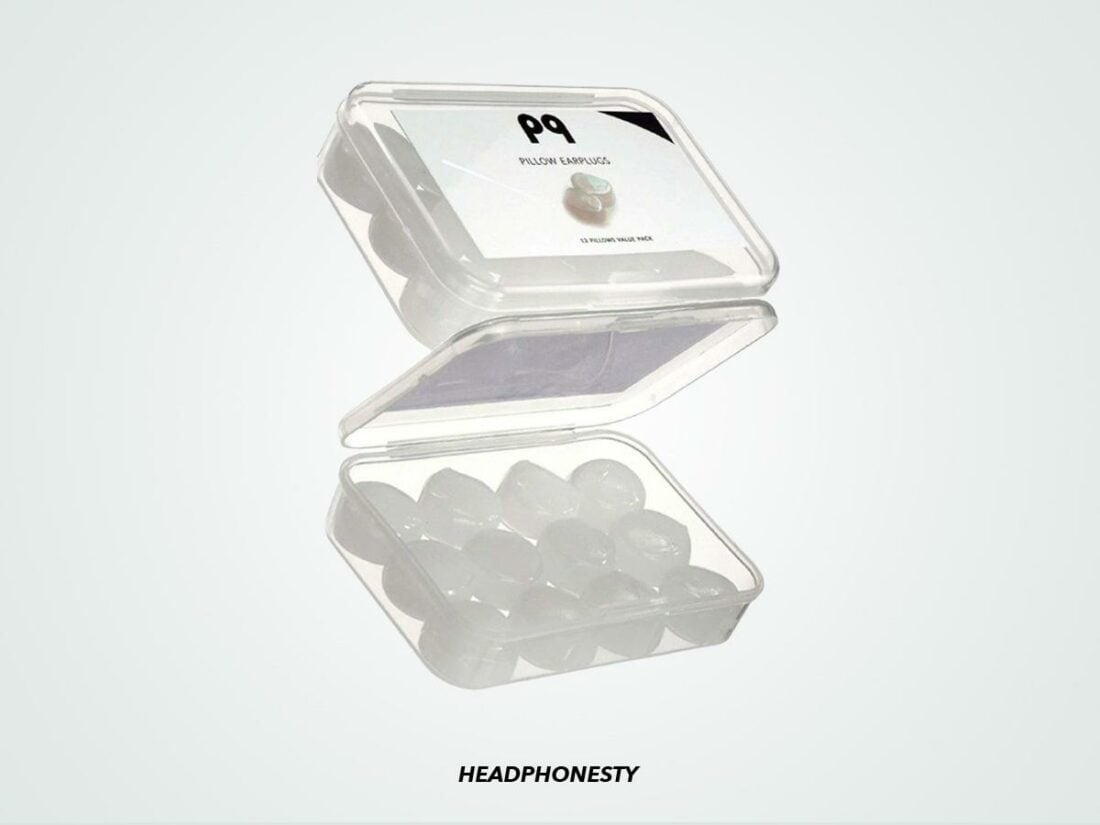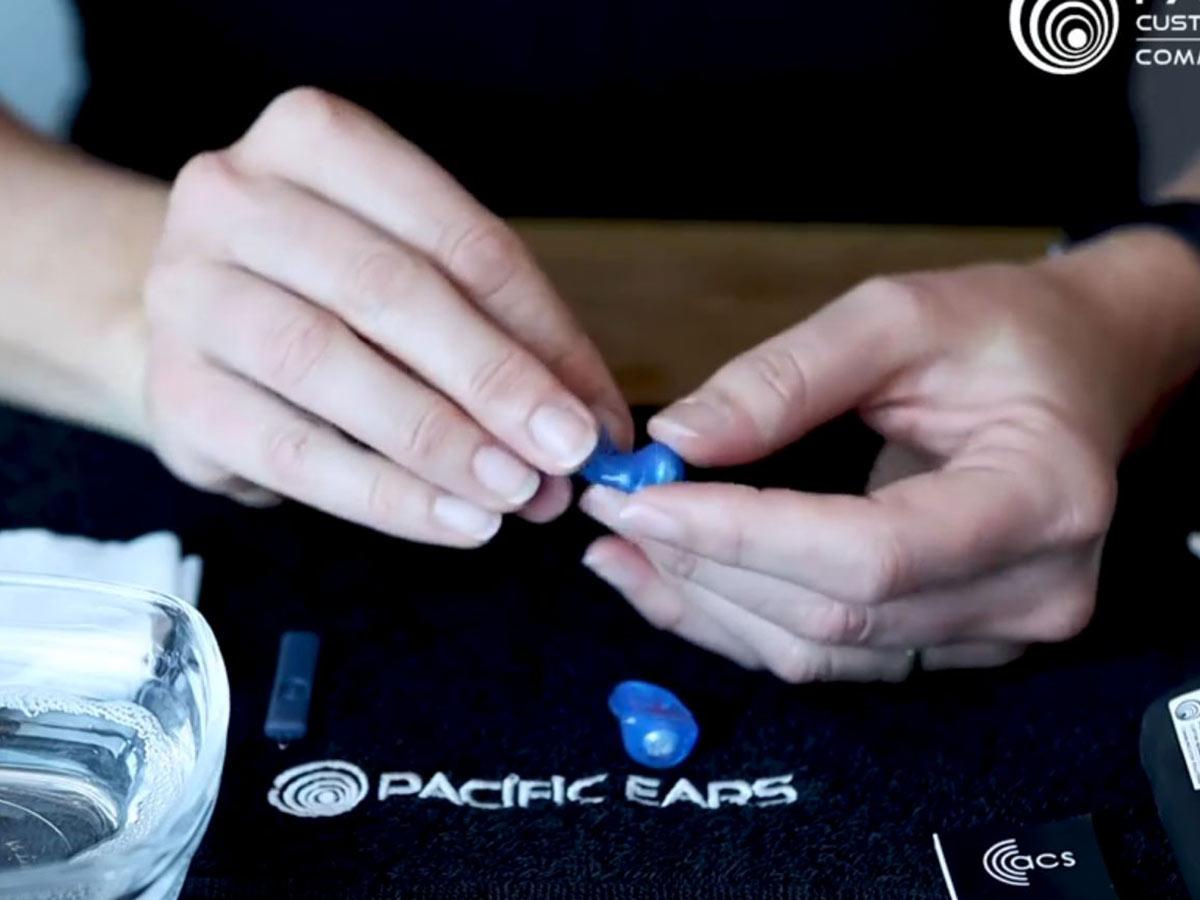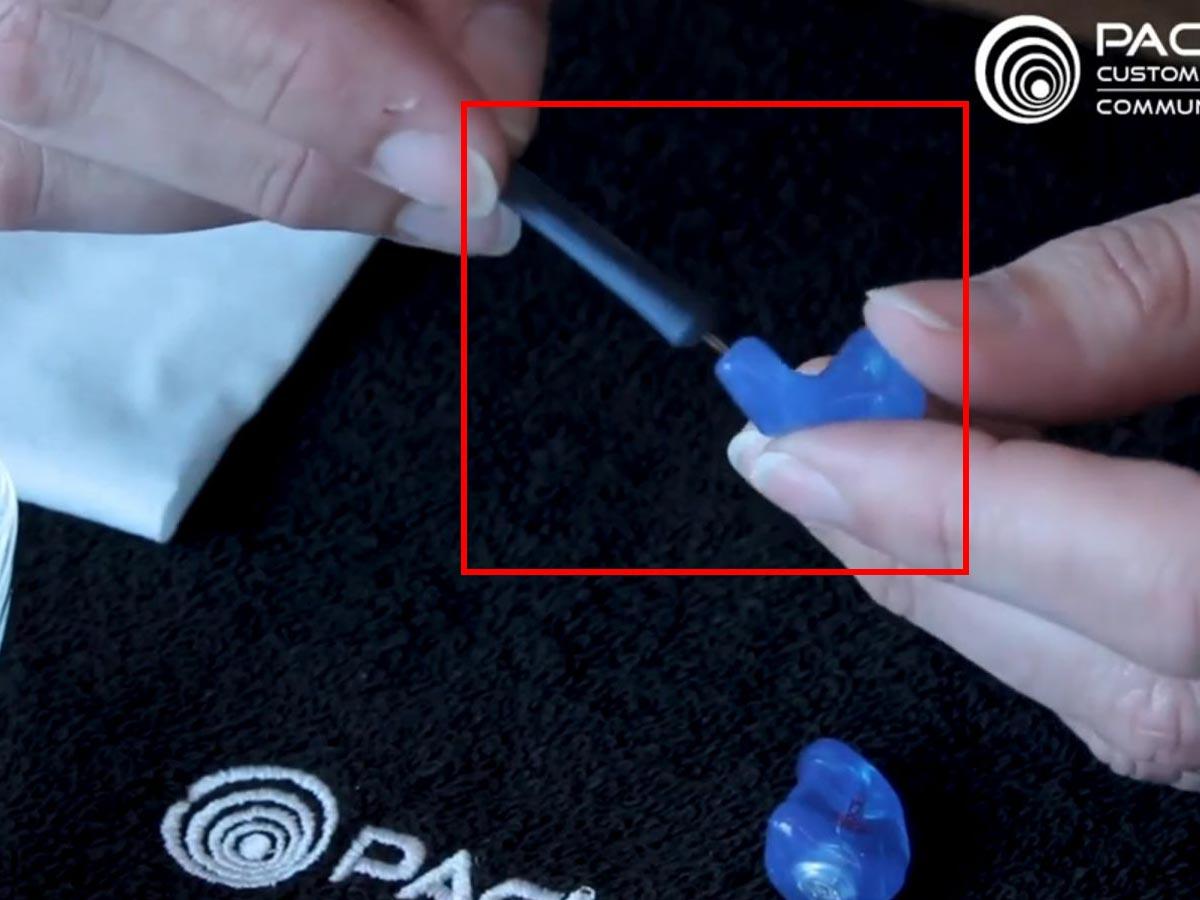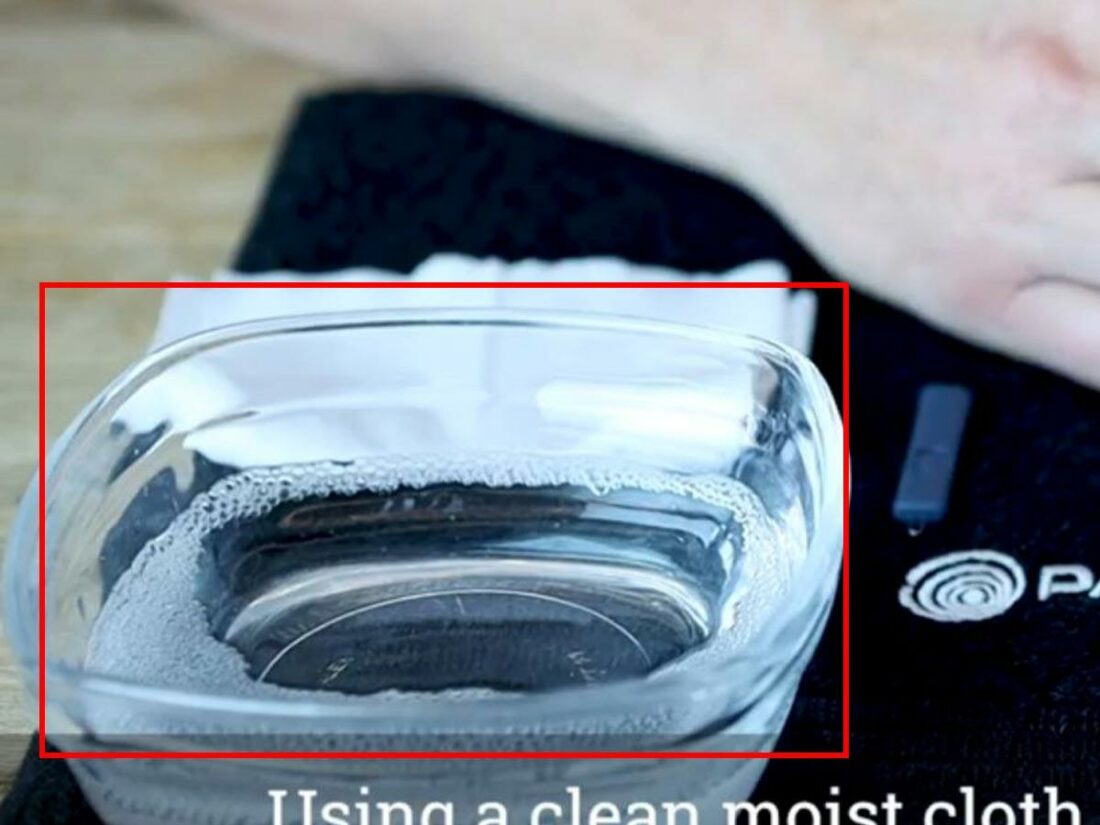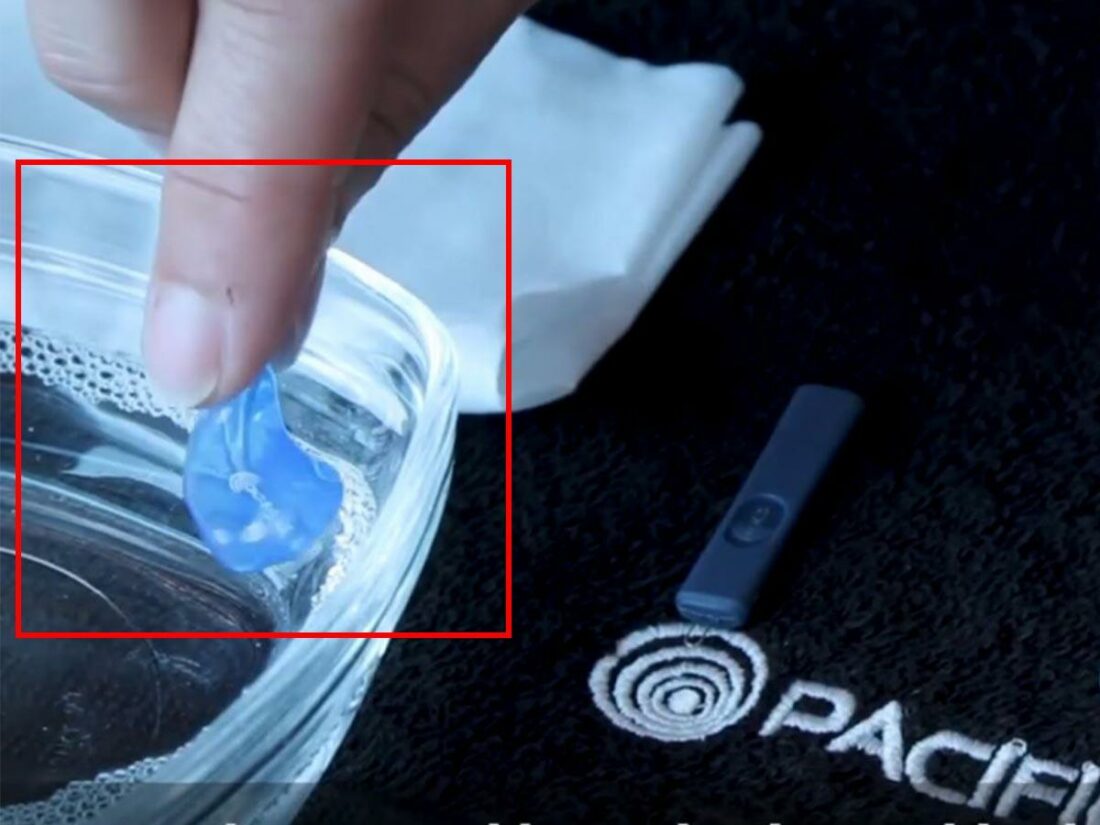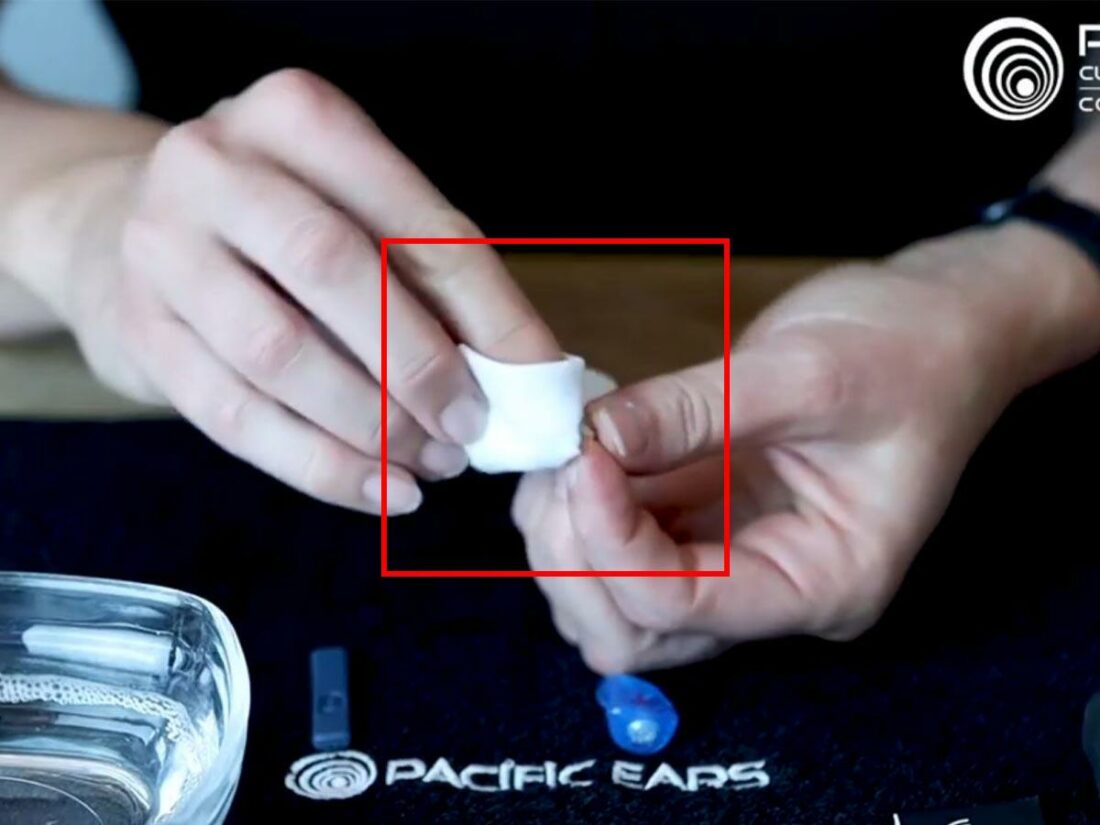Living next to a busy street can often feel dissatisfying. After a long day at work, you want to relax in the serenity of your home. However, the never-ending noise from pedestrians and car engines makes relaxing seem like a reach. Of course, you can always block out the noise with your earplugs, but you recently heard they can cause permanent ear damage. Now, you’re no longer comfortable using them. How valid are those claims, though? Do earplugs cause hearing loss? This guide explains all you need to know about earplugs and hearing damage. Let’s dive in!
Do earplugs Cause Hearing Loss?
No, the earplugs themselves can’t actually cause hearing damage. It all depends on your usage. Improper earplugs usage and insufficient Noise Reduction Ratings (NRR) can still cause negative effects. That said, there are still cases where defective earplugs caused hearing damage for those who used them, which fueled concerns about the dangers of these devices. For instance, 3M’s faulty earplugs resulted in hearing problems of about 290,000 American military service members and veterans. However, besides these defective products, earplugs are only dangerous when you use them beyond recommended standards.
The Dangers of Wearing Earplugs
Earplugs are effective at canceling noise if you live or work in a noisy environment. However, they can cause infections if you use them too frequently or inappropriately. If you’ve been wondering, “do earplugs cause hearing loss?” we’ve put together certain instances where earplugs could cause ear damage:
Impacted earwax Tinnitus Ear infection
Impacted earwax
Your ears produce wax that protects them from dirt and debris. This wax slowly drains from the ear with time. However, consistently using earplugs can keep earwax stuck in your ears and lead to a buildup. You could eventually suffer from temporary hearing loss or tinnitus as a result. The type of earplugs you use can also aggravate this scenario. For example, wax plugs can melt in your ear and be challenging to remove. On the other hand, foam and cotton earplugs can end up too deep in your ears, damaging your eardrums and causing permanent hearing problems. So, ensure you don’t push your earplugs too deep into your ears when using them. Nonetheless, you can resolve wax buildup by cleaning your earplugs regularly and having your doctor remove excess wax from your ear.
Tinnitus
Tinnitus involves hearing consistent ringing in one or both ears. Statistics show that around 25 million Americans have experienced tinnitus lasting a minimum of five minutes. Tinnitus often results from age-related factors, noise-induced hearing loss, or impacted earwax from excessive use of earplugs. The pressure from impacted wax can excite your inner and middle ear nerve cells, and your brain will interpret those signals from these cells as noise. As a result, the ringing that happens is typical of tinnitus. The good thing is you can resolve tinnitus by removing the earwax buildup in your ear.
Ear infection
Ear infections are one of the most common ways earplugs damage ears. As bacteria builds up in the ear, it can lead to an infection. You can also develop an ear infection from earplugs if you share your earplugs with others constantly. Sharing earplugs with your partner or friend is a surefire way to pick up bacteria from their ears that could cause an infection.
How to Avoid Hearing Damage When Using Earplugs
Are earplugs bad for your ears? Well, it depends on how you use them. Here are some recommended practices to help you avoid hearing problems while using earplugs:
1. Use the right type of earplugs
Different types of earplugs exist, and you can increase the possibility of infection depending on the one you use. Typically, the most common types of earplugs include:
Foam earplugs
Crafted from polyvinyl chloride (PVC), foam earplugs are the most affordable type of earplugs. You can pinch or roll them before inserting them into the ear, and they’ll expand to cover the ear canal. However, foam earplugs are dangerous because they can get too deep into your ear and damage your eardrum.
Silicone earplugs
Silicone earplugs have a dough-like texture and can mold to fit into your ears. Interestingly, these characteristic features are what make these earplugs bad for hearing. Since they’re softer, silicone earplugs can easily find their way deep into your ear canal and damage your eardrums, causing hearing problems.
Moldable wax earplugs
Wax earplugs can also mold to fit into your ears. This moldable feature makes these earplugs effective for noise cancellation. However, the wax can melt in your ear due to body temperature and damage your hearing if you don’t remove them immediately. Consequently, this makes wax earplugs bad to sleep in overnight. The dangers of the different types of earplugs can make it challenging to determine which earplugs are good for you.
2. Clean your earplugs regularly
Earplugs can get dirty, primarily due to contact with the wax in our ears. Although earplugs are good for your ears, dirty earplugs can cause bacteria buildup in your ear canal and lead to ear infections. Therefore, you must clean your earplugs regularly, especially if you use reusable ones. While the methods for cleaning them depend on the type, it generally requires you to:
3. Insert and remove earplugs carefully
Are earplugs effective at guaranteeing noise canceling? Yes, however, inserting them incorrectly into your ears can lead to hearing damage. Therefore, you want to adhere to recommended safety practices when fixing earplugs in your ears. For foam and pre-molded push-in earplugs, you should hold the stem of the plug and reach over your head to gently pull the top of your ear up and back. Insert the plug into the ear canal with a slight rocking motion for a deep fit. However, don’t insert it too deep into the ear. Of course, you could always avoid this hassle of struggling to fit in your plugs properly by opting for earmuffs over earplugs.
4. Store earplugs properly
Properly storing your concert earplugs or any other type can safeguard them from dirt and harmful bacteria. Ideally, keeping your earplugs in a dry, ventilated container is best. However, don’t store them when they’re wet.
Conclusion
Most people living or working in noisy environments consider earplugs efficient noise-canceling devices. However, they often wonder, “do earplugs cause hearing loss?” We’ve answered this question comprehensively in this article. You now know how earplugs cause infections and the best practices to protect yourself from hearing damage while using earplugs to sleep at night. We’d love to hear your feedback. How often do you clean your earplugs? Do you think earplugs are bad for your ears? Why? Let us know in the comments.
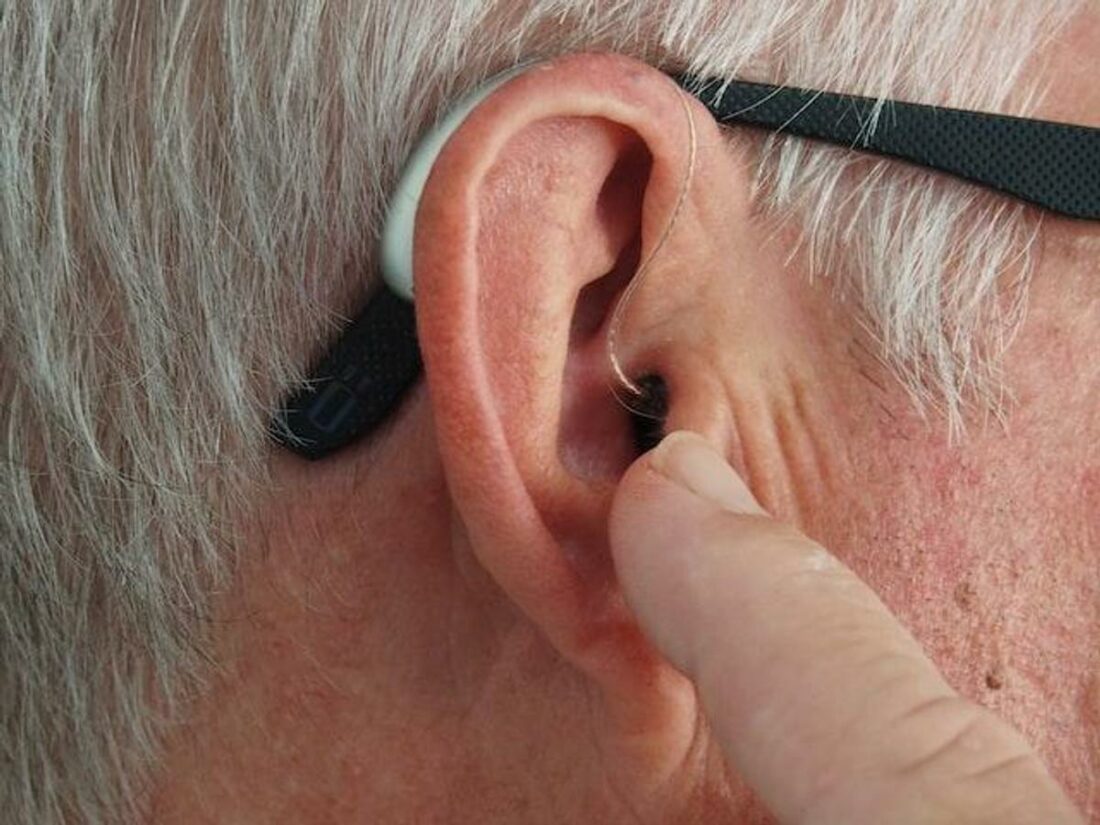
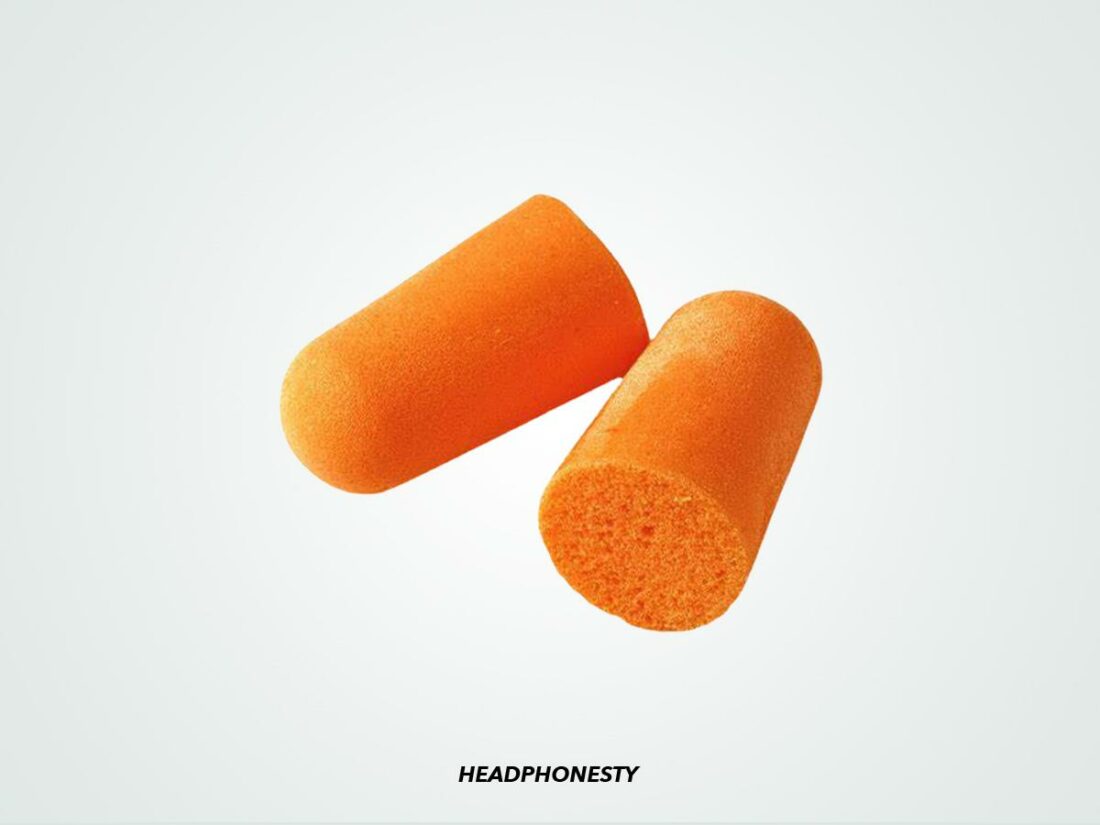
![]()
